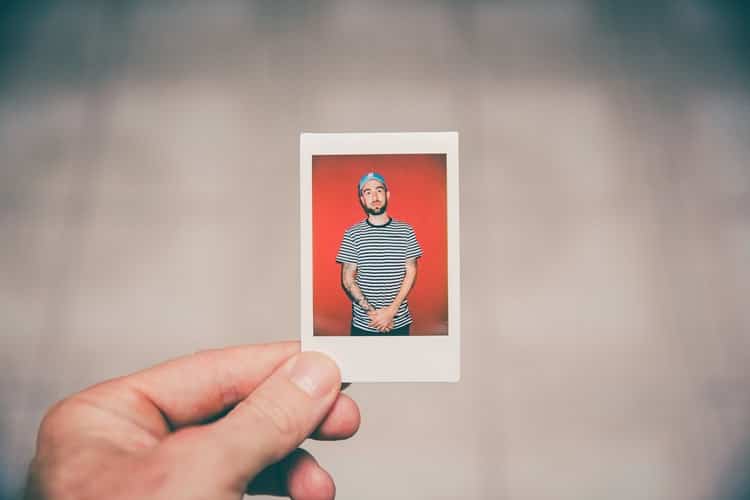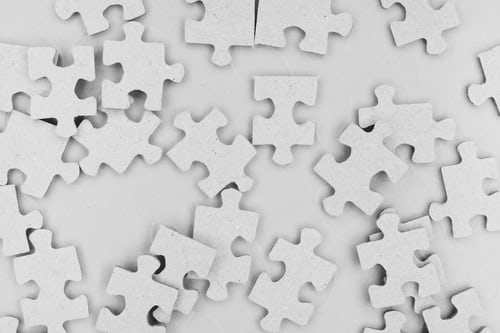You know what one of the most common responses I get when I first share with someone that I’m writing a book about anorexia nervosa is?
You’re going to include photos, aren’t you?
My response the first couple of times I heard this was stunned disbelief.
Followed by a silence into which I had no words to speak.
How could I possibly hope to explain?
The more I was met with variations of this response my own response shifted from disbelief to anger then to frustration and finally compassion but with that compassion came an absolute conviction.
An absolute conviction to stand by my choice that I would not be including before and after photos.
Not in this nor any other book, magazine, newspaper or other social media.
Not ever.
Why?

Anorexia nervosa is a psychological illness.
None of what it means to live with anorexia nervosa nor to recover will ever be captured in a photo.
No matter how shocking.
What Living With Anorexia Looked Like Most of the Time

There is nothing beautiful or romantic about living with anorexia nervosa.
Some of the dull realities of what it looked like on the ground of day to day life during the years I was sick include:
Leaving foods out hoping someone would offer it to me. Them offering it to me and me refusing to eat it.
Going for that 4am run. No. matter. what.
Staring into space. A lot of staring into space.
Telling myself tomorrow would be different. Tomorrow was never different.
Feeling like I was the most alone person in the world at 15 years old.
Endless excuses for not eating.
Missing out on real connection with my sisters.
Excessively and compulsively worrying about what other people were eating.
The shame and heavy self-disappointment as my mum come into my uni placement to eat on lunch break with me.
Putting the lump of my hair into the bin after each shower.
Watching and trying not to watch in panic my breakfast being put out. Hoping for more and screaming for less.
Fantasizing about a day off. Never getting a day off.
The Many Problems of Before and After Photos

There were numerous times in the almost 15 years I was sick with anorexia nervosa that I reached a “healthy” weight.
I tried to celebrate.
I tried to convince myself I was better.
I tried to believe that it was all going to be different now.
But it wasn’t.
My mind was racing and consumed.
I was far from healthy.
Weight Gain Helps but There’s More Work to Do

The reality is as much as I wanted it to and as much as I was told it would I did not suddenly gain freedom from anorexia because I reached a “healthy” BMI.
If we are to have any hope in breaking through these “stigmas” we all talk about (and we really must seriously consider this if we are to truly help those still suffering) our own actions must be congruent.
We must stop romanticising mental illness.
Hence why I promote taking the emphasis away from physical appearance and instead redirecting this attention and energy onto what’s on the inside of someone’s mind.
Imagine if we channelled the same amount of energy we do into reversing the physical manifestations of anorexia nervosa into what’s going to truly allow someone to live a life in which anorexia is naturally no longer a part, their mind.
I wish I’d had that kind of help 14 years before I found it.
Beyond the Biomedical Model of Health

Our scientific understanding of health has moved us far beyond a purely biomedical model of health.
It’s time to use and work with this knowledge rather than allow it to go on being a limitation.
I am not saying there is zero value in the sharing of before and after photos because there is. Nothing in life is ever black and white and to put blame on this one thing would be ridiculous and yet we must recognise that there is often equal if not more harm in sharing them. In any case they are only ever a tiny snippet of the story.
Be aware that while you may be proud of your before and after photos and this is great, sharing these photos while it undeniably grabs people’s attention and by all means if we are to change mental health at a population level it needs attention, gaining attention based purely on shock value is not the kind of attention mental health and especially eating disorders need.
To only have attention or be offered help when you are visibly emaciated is exhausting and causes many people to end up feeling helpless to change when like me, things don’t change with weight gain.
There is always the potential for these photos to offer comfort to a person who is sick but this is fleeting because any form of “help” that does not lead to the person developing a better understanding and ability to trust and care for their own body is fleeting.
There is always the potential for these kinds of before and after photos to also be “triggering” for people still suffering in judging themselves “not sick enough” in comparison to your sick photo. I am not too worried about this one (despite knowing that it would have been like this for me in the past to have seen these photos) because I think in the midst of an eating disorder anything and everything is triggering and it is far more valuable to develop your internal resources and self-resilience than the world adapt to accommodate to what may or may not trigger you.
I am far more against before and after photos because they perpetuate the stigma that eating disorders are a physical illness and that recovery comes miraculously through weight gain when the reality is this is not the experience of the majority of people with eating disorders.
For me, I never want my story to be condensed to a before and after photo because I know my physical appearance had very little to do with my recovery and with the person I was and am today.
You are more than a before and after photo.
No

I’ve been asked to speak and guest blog by different people and organisations about my story and although most of them have been amazing some of them have clearly wanted nothing more than a romanticized surface level tale.
A story that stays away from anything to do with the very unflattering and often mundane realities of getting better and instead everything to do with the messed-up and morbidly fascinating bizarre behaviours and thoughts within the illness.
I refuse in each and every case to bend to these criteria.
The stories I share of my life with anorexia nervosa, my recovery from anorexia nervosa and my life on the other side of anorexia nervosa cut through the bs.
I share them only to help others to gain freedom and never for shock or even enjoyment.
I refuse to make anorexia nervosa into anything other than what it is.
A debilitating and life destroying illness.
Any time and effort spent romanticizing that isn’t worth it because it’s not where your healing will happen because while anorexia nervosa may be a debilitating and life destroying illness, it is a debilitating and life destroying illness from which you can fully recover.
Let’s focus our energy there.
With my whole heart I hope you found this information useful and inspiring.

Become Great. Live Great.
Bonnie.




2 thoughts on “Why I Refuse to Romanticise Anorexia”
Hi Bonnie, I’ve just discover your website and am reading your articles. I’m a 50 year old woman. I used to have anorexia and then bulimia, starting when I was a teenager. My parents never intervened (Mum said she prayed lots). It took until I had children at 34 to finally kick the majority of the eating disorder. I still can’t eat ice cream without throwing up.
My 14 year old daughter now has anorexia and we’re starting on the journey of refeeding and healing.
Reading some of your articles makes me cry as I can so relate to them.
I have found a fantastic psychologist who specialises in eating disorders and have managed to persuade her to take us on (she has no space but will see us (by Skype as she is not local) on cancellation appointments weekly if possible. The next closest resources are an hour away and we can’t even get an appointment until mid December at the earliest. Our GP is keen to help, but clueless. I’m forwarding him information from the psychologist so he can learn how best to support us.
I’ve also set up a family support Facebook page for our area as there is limited resources existing here.
I really want to say thank you for putting your story out there.
My journey back to health won’t necessarily be the same as my daughters, but the more I can learn and understand, the more chance of we have of being successful for her.
Hi Terri,
Thank you for taking the time to write this message and share with me a little of what has been going on for both yourself and your daughter. It sounds like a heart wrenching ride and I am relieved you found my blogs relatable (and saddened because honestly I wish no one found them relatable).
Unfortunately you’ve described a scenario that I hear frequently (and experienced from the other end myself) with it being difficult to find services that offer a clear path out of the illness and forward into life or with services that exist not knowing quite what to do – it is improving for certain but my heart truly goes out to you for not having access to the help you needed as a young woman.
You are a fantastic mum seeking the help you deserved for your own daughter now as she faces anorexia.
I’ve just returned your call and left a message so hopefully we will coordinate a call where we both have a few minutes and can have a chat soon.
Warmly,
Bonnie.